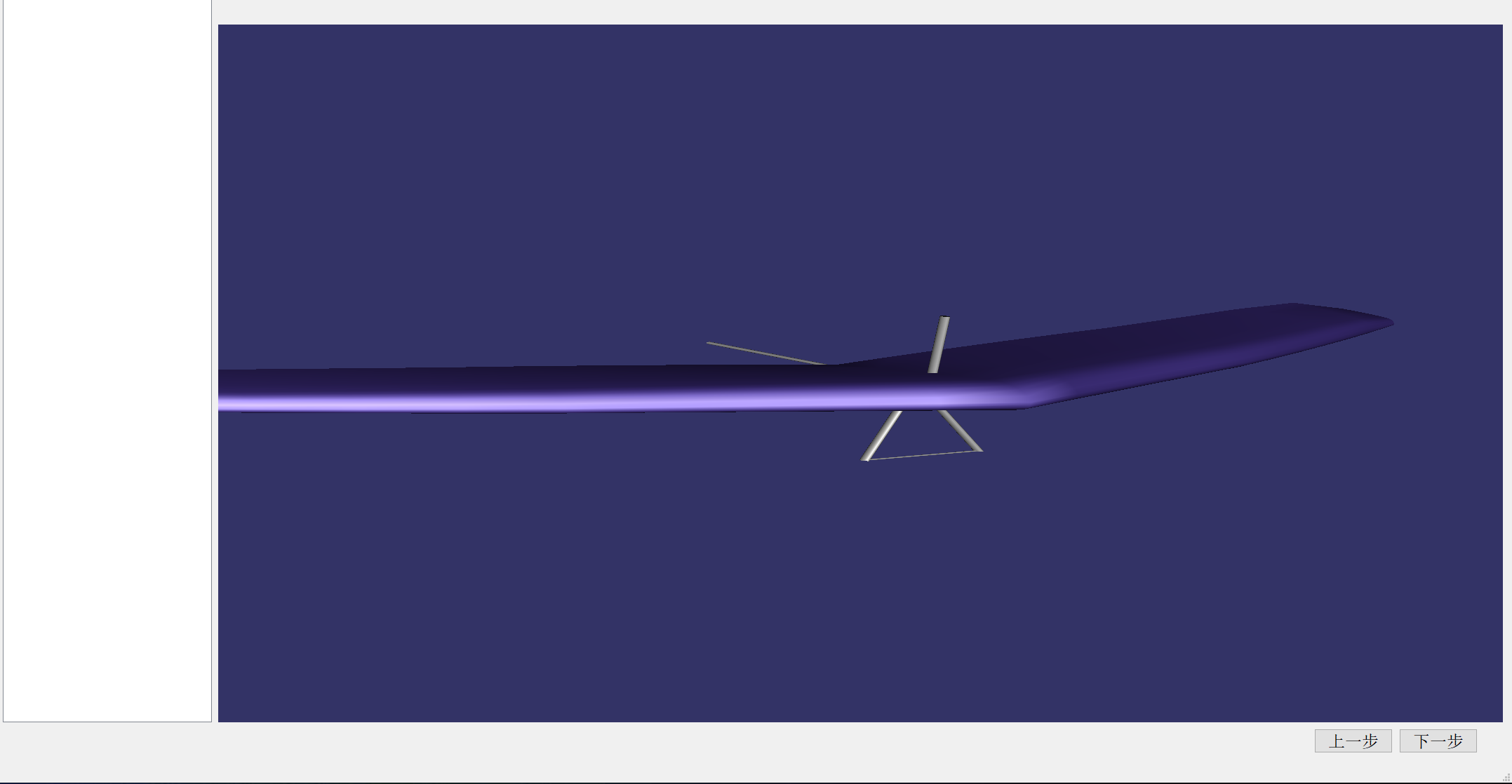1
2
3
4
5
6
7
8
9
10
11
12
13
14
15
16
17
18
19
20
21
22
23
24
25
26
27
28
29
30
31
32
33
34
35
36
37
38
39
40
41
42
43
44
45
46
47
48
49
50
51
52
53
54
55
56
57
58
59
60
61
62
63
64
65
66
67
68
69
70
71
72
73
74
75
76
77
78
79
80
81
82
83
84
85
86
87
88
89
90
91
92
93
94
95
96
97
98
99
100
101
102
103
104
105
106
107
108
109
110
111
112
113
114
115
116
117
118
119
120
121
122
123
124
125
126
127
128
129
130
131
132
133
|
#include <osgQOpenGL/osgQOpenGLWidget>
#include <osgDB/ReadFile>
#include <osgUtil/Optimizer>
#include <osg/CoordinateSystemNode>
#include <osg/Switch>
#include <osg/Types>
#include <osgViewer/Viewer>
#include <osgText/Text>
#include <osgViewer/Viewer>
#include <osgViewer/ViewerEventHandlers>
#include <osgGA/TrackballManipulator>
#include <osgGA/FlightManipulator>
#include <osgGA/DriveManipulator>
#include <osgGA/KeySwitchMatrixManipulator>
#include <osgGA/StateSetManipulator>
#include <osgGA/AnimationPathManipulator>
#include <osgGA/TerrainManipulator>
#include <osgGA/SphericalManipulator>
#include <osgGA/Device>
#include <QApplication>
#include <QSurfaceFormat>
#include <iostream>
int main( int argc, char** argv )
{
QSurfaceFormat format = QSurfaceFormat::defaultFormat();
#ifdef OSG_GL3_AVAILABLE
format.setVersion(3, 2);
format.setProfile(QSurfaceFormat::CoreProfile);
format.setRenderableType(QSurfaceFormat::OpenGL);
format.setOption(QSurfaceFormat::DebugContext);
#else
format.setVersion(2, 0);
format.setProfile(QSurfaceFormat::CompatibilityProfile);
format.setRenderableType(QSurfaceFormat::OpenGL);
format.setOption(QSurfaceFormat::DebugContext);
#endif
format.setDepthBufferSize(24);
format.setSamples(8);
format.setStencilBufferSize(8);
format.setSwapBehavior(QSurfaceFormat::DoubleBuffer);
QSurfaceFormat::setDefaultFormat(format);
QApplication app(argc, argv);
osg::ArgumentParser arguments(&argc, argv);
arguments.getApplicationUsage()->setApplicationName(
arguments.getApplicationName());
arguments.getApplicationUsage()->setDescription(arguments.getApplicationName() +
" is the standard OpenSceneGraph example which loads and visualises 3d models.");
arguments.getApplicationUsage()->setCommandLineUsage(
arguments.getApplicationName() + " [options] filename ...");
arguments.getApplicationUsage()->addCommandLineOption("--image <filename>",
"Load an image and render it on a quad");
arguments.getApplicationUsage()->addCommandLineOption("--dem <filename>",
"Load an image/DEM and render it on a HeightField");
arguments.getApplicationUsage()->addCommandLineOption("--login <url> <username> <password>",
"Provide authentication information for http file access.");
arguments.getApplicationUsage()->addCommandLineOption("-p <filename>",
"Play specified camera path animation file, previously saved with 'z' key.",
"F:/dataSets/OpenSceneGraph-Data-3.4.0/OpenSceneGraph-Data/glider.osg");
arguments.getApplicationUsage()->addCommandLineOption("--speed <factor>",
"Speed factor for animation playing (1 == normal speed).");
arguments.getApplicationUsage()->addCommandLineOption("--device <device-name>",
"add named device to the viewer");
osgQOpenGLWidget widget(&arguments);
if (true) {
osg::ref_ptr<osg::Node> loadedModel = osgDB::readNodeFile("F:/dataSets/OpenSceneGraph-Data-3.4.0/OpenSceneGraph-Data/glider.osg");
if (!loadedModel)
{
std::cout << arguments.getApplicationName() << ": No data loaded" << std::endl;
return 1;
}
arguments.reportRemainingOptionsAsUnrecognized();
if (arguments.errors())
{
arguments.writeErrorMessages(std::cout);
return 1;
}
widget.show();
osgUtil::Optimizer optimizer;
optimizer.optimize(loadedModel);
osg::ref_ptr<osgViewer::Viewer> mViewer = widget.getOsgViewer();
osg::ref_ptr<osg::Camera> camera = mViewer->getCamera();
camera->setClearMask(GL_DEPTH_BUFFER_BIT | GL_COLOR_BUFFER_BIT);
camera->setClearColor(osg::Vec4f(0.2f, 0.2f, 0.4f, 1.0f));
mViewer->setCamera(camera.get());
osg::ref_ptr<osgGA::TrackballManipulator> trackball = new osgGA::TrackballManipulator();
mViewer->setCameraManipulator(trackball.get());
mViewer->setSceneData(loadedModel);
return app.exec();
}
}
|
